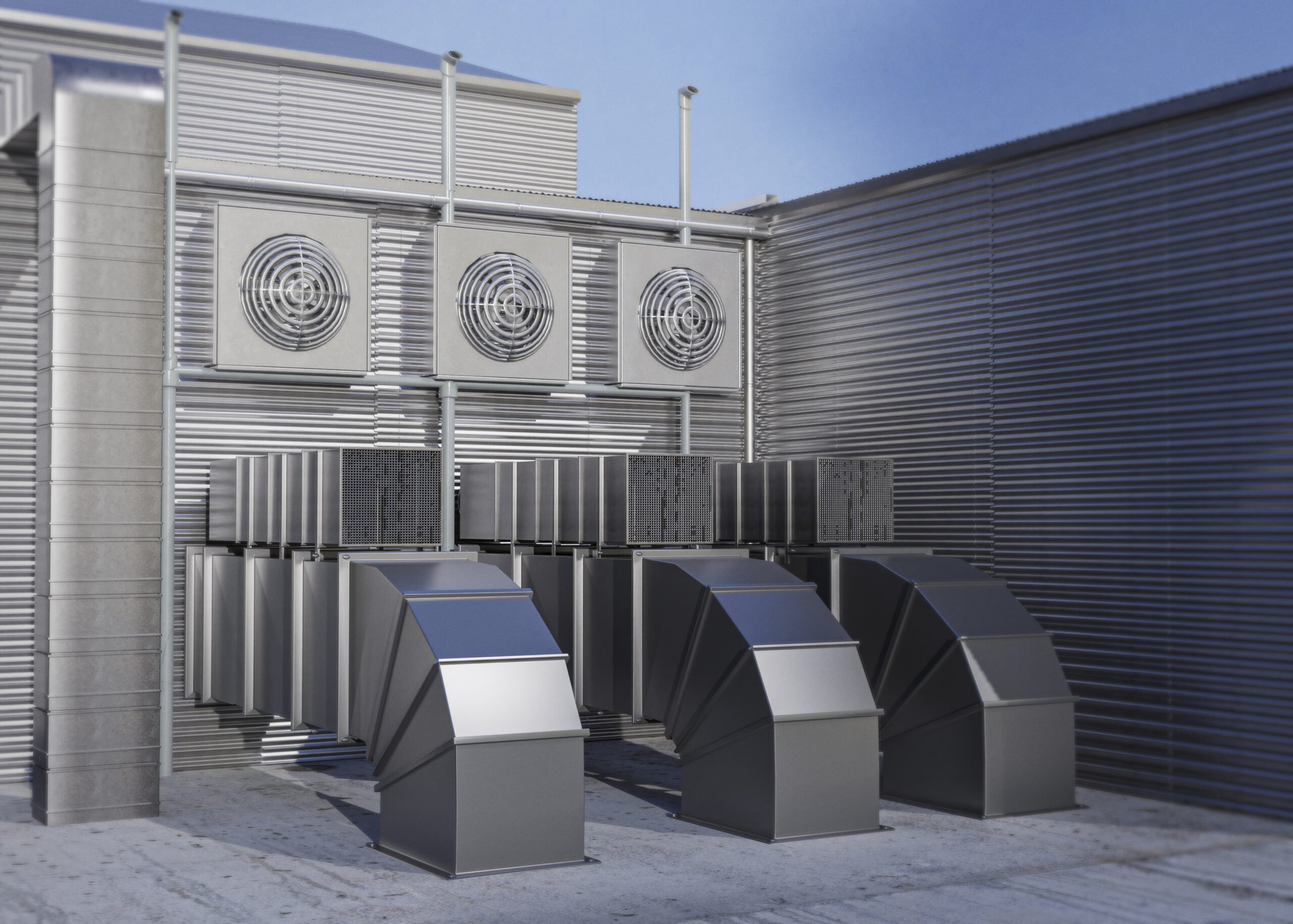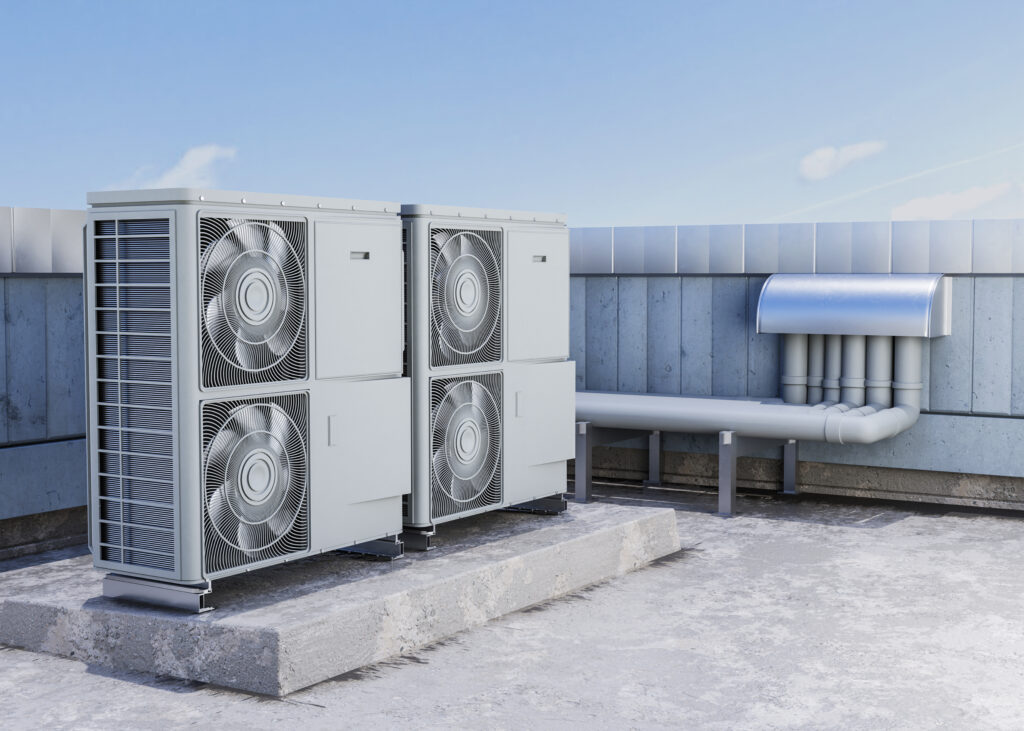
Have you ever wondered if your HVAC system is performing as well as it should? Many people ignore that just like cars or machines, HVAC methods need regular care. Without attention, they can run small and efficiently or even die down when you need them most. Easy steps can help support it running longer and save you cash. Whether you use it for heating, cooling, or both, you rely on it daily.
That’s why regular inspections and maintenance are so critical. Below are specific tips to help you keep your plan in top condition.
HVAC stands for?
HVAC, which stands for Heating, Ventilation, and Air Conditioning, is an all-encompassing term when it comes to talking about your heating and cooling system in its totality. While the planet of HVAC energy seems difficult, it doesn’t have to be divorced for homeowners. Let’s break down the basics.
Does the guide for HVAC encompass
An HVAC system maintains a regulated temperature, controls the level of humidity, and ensures optimal air quality. As the HVAC acronym indicates, the system includes the following components:
- Heating. An HVAC system includes some type of equipment—such as a furnace, boiler, or heat pump—for generating heat that is used to warm an internal space. The equipment might target a room, zone, or entire building.
- Air conditioning. An HVAC system includes some type of equipment to cool circulating air. The process of cooling can vary greatly from one retail space to the next.

Clean or Change Air Filters Often
One of the most comfortable and essential things you can do is to clean or adjust your HVAC filters. Dirty filters block airflow, forcing the system to work harder. This not only increases energy bills but also models out the procedure quickly. Try to check your filter once a month, especially during heavy use seasons like summer or winter. If it looks dusty or blocked, return it. A clean filter also allows you to keep the air in your home fresh. This little habit can prolong the life of your HVAC system by years.
- Check filters monthly.
- Replace filters every 30–90 days.
- Use the right size for your system.
- Buy quality filters for better results.
- Keep spares on hand for straightforward trades.
Keep the Outside Unit Free of Debris
If your HVAC has an outdoor unit, it needs just as much care as the parts inside. Over time, things like leaves, hay, dirt, and debris can accumulate around the unit. This buildup can block airflow and reduce efficiency. To avoid this, keep a 2-foot clear zone around your outdoor HVAC team. Trim brushes and clean clutter regularly. You should also gently wash the fan blades and coils with a hose. Doing this at least once per season helps your system live more easily and perform nicely.
- Clear leaves, twigs, and trash weekly.
- Hose off waves gently without turning them.
- Trim plants and grass near the unit.
- Avoid storing anything next to it.
- Check for signs of rust or damage.

HVAC Maintenance Tips to Lower Costs
Right HVAC care can save you cash in both the short and long term. A well-maintained system uses less power and requires fewer repairs. You can cut down on costly bills just by adhering to regular practice. Clean vents and registers monthly so air can flow freely. Also, keep your thermostat at a regular setting to avoid testing the system. Planning a yearly tune-up with a licensed mechanic can also catch problems early. These small patterns can add up to big protection over time.
What energy efficiency in HVAC terms should I know when considering a new HVAC system?
Today’s heating and air conditioning systems are more efficient than ever. But there’s an alphabet soup of acronyms that you need to understand to make the best choice for your energy efficiency needs.
The more efficient an HVAC unit is, the more it can help you reduce your energy consumption and save on your energy bills. For all of these ratings, the higher the number, the more efficient the unit is.
- AFUE
AFUE stands for Annual Fuel Utilization Efficiency and applies to a gas furnace or boiler’s efficiency. An AFUE rating is expressed as a percentage – a ratio of how much energy is produced via the combustion process and how much fuel burned is lost or wasted. A 97% AFUE rating means 97% of the fuel burned goes directly to heating your home.
- HSPF2
HSPF2 stands for Heating Seasonal Performance Factor. This rating applies exclusively to heat pumps and measures how efficiently a heat pump can heat your home during the colder months. This energy efficiency rating was also recently updated.
- SEER2
SEER2 stands for Seasonal Energy Efficiency Ratio. The 2 on the end was added when the efficiency standards were updated. SEER2 measures the AVERAGE cooling efficiency of an air conditioner or heat pump over a range of temperatures from 65-104 degrees Fahrenheit.
- EER2
Similar to SEER2, EER2 (Energy Efficiency Ratio) measures the efficiency of cooling units, but at a specific temperature of 95 degrees Fahrenheit. This standard was also recently updated from EER. A higher EER2 rating might be more important than the SEER2 rating of an AC unit or heat pump if you live in a hot climate.
- BTU
BTU stands for British Thermal Unit. A BTU is a measure of heat energy. Specifically, one BTU equals the quantity of heat needed to increase or lower the temperature of one pound of water by one degree Fahrenheit.
Schedule Professional HVAC Reviews Yearly
While there’s a lot you can do yourself, having your HVAC checked by a pro is still very important. Professionals know how to stain things that most homeowners miss. They’ll check for leaks, test the system’s safety, and make sure everything runs smoothly. A yearly review can prevent costly repairs down the road.
Conclusion:
The final point is that your HVAC design plays a big role in your daily comfort, so taking care of it should be a regular part of home care. These HVAC care tips aren’t hard to follow, but they can make a huge difference. From filter modifications to skilled check-ups, each step helps your system last longer and work well. You don’t have to be an expert—just be consistent. With a little effort, you’ll enjoy more fresh air, lower bills, and peace of mind all year long.
Connect with us for more information about the future.
FAQs: About HVAC
Q1: How often should I change my HVAC filter?
You should check it monthly and return it every 1–3 months, depending on use and filter type.
Q2: What’s the best time for a professional HVAC inspection?
It’s best to design studies in spring or fall before peak seasons.
Q3: Can dirty vents affect system performance?
Yes, clogged ducts can reduce airflow, stress your plan, and raise fuel costs.
Q4: How do I know if my HVAC needs repair?
Look for symptoms like weird noises, uneven temperatures, or high bills.






1 thought on “A Complete Guide to HVAC Systems Or More (In 2025)”